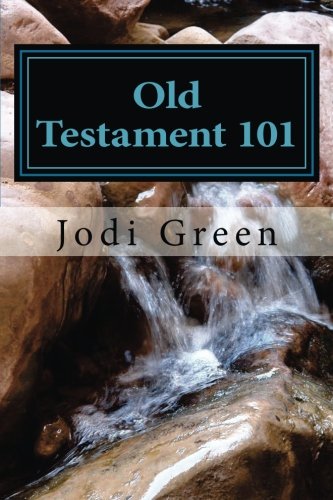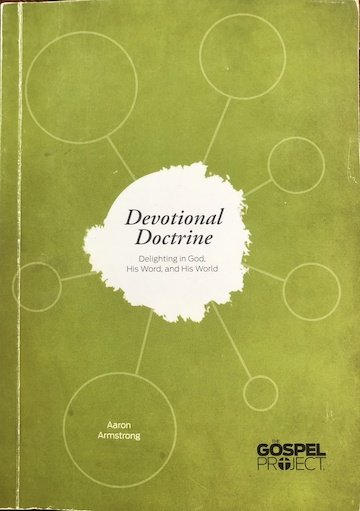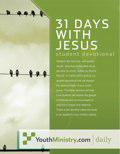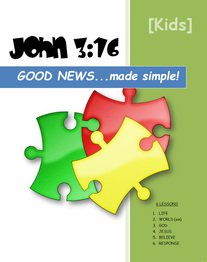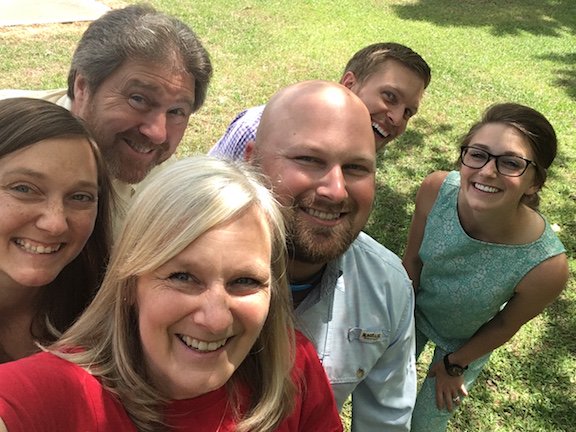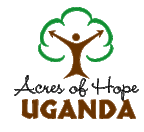Search our site:
Object Lesson with Scissors
Use a pair of scissors to teach a simple object lesson on how words hurt. Let it remind them to be kind and not a bully.

Topic: Our Words Can Cut & Hurt Others
Title: Cutting Words
Object: Scissors
Bible Verses: Ephesians 4:29, Proverbs 11:9, 15:1,4, Psalm 141:3
Key Takeaway: Our words can cut and cause damage that cannot be undone.
Bible Verses:
Solomon, the wisest man that has ever lived, attests to exactly this when he writes in Proverbs 15:4 – “Kind words bring life, but cruel words crush your spirit.” GNT
This Bible object lesson of being cautious and mindful of our words is an important one and one that the Bible speaks of often.
Ephesians 4:29 – “Let no unwholesome word proceed from your mouth, but only such a word as is good for edification according to the need of the moment, so that it will give grace to those who hear.” [Other translations use “abusive word” NLT or “corrupt word” NKJV. ]
Proverbs 11:9 – “With their words, the godless destroy their friends, but knowledge will rescue the righteous.” NLT
Proverbs 15:1 – “A gentle answer turns away wrath, But a harsh word stirs up anger.”
Christian object lesson:
Hold up a sheet of paper. Snip a tiny piece off the corner. Ask students if that one little "cut" did much damage. The answer is no.
Now fold the sheet of paper in half as many times as you can. Cut another small corner off about the same size as the first. Ask again if that one little cut did much damage. Open up the sheet and show how many holes it made with that one little cut.
Many times we think our words don't cause much damage. We may even tell the person we were "just kidding." The truth is our words can cause a great deal of damage we may not see on the outside, but we never know how that person's life may be folded up on the inside. Our words may cut much deeper than we meant for them to.
Just like we need to be super careful with scissors because they can cut, we need to be just as mindful about our words and how they can hurt.
Read the object lesson Bible verse - Ephesians 4:29 together.
Paul talks about unwholesome or abusive words; what type of words might these be? (curse words, words said in anger, insults, name calling, etc.)
Then he talks about words that are good for edification and give grace. Words good for edification are words that build up & encourage. Words that give grace to the hearer are words that may not be deserved, but are said in kindness in spite of not being deserved.
Words can hurt or words can heal. Words can leave scars and cuts or they can be soothing medicine.
Proverbs 11:9 – “With their words, the godless destroy their friends, but knowledge will rescue the righteous.” NLT
Proverbs 15:1 – “A gentle answer turns away wrath, But a harsh word stirs up anger.” NLT
It’s important that we think before we speak. Once the words are out of our mouth, they cannot be taken back. We can ask God to help us just like David does in Psalm 141:3 -
“Take control of what I say, O LORD, and guard my lips.” NLT
Optional: Cutting Words vs Building Words Activity
[In addition to paper and scissors, you'll need tape and permanent markers or pens.]
Give each student a sheet of paper and a pair of scissors. Have them fold their sheet in half a few times. Talk about the type of words that can cut or hurt people. For each type they name have them cut their paper.
- Name calling
- Lying
- Words said in anger
- Gossip
Open it and as you look at the damage done, let's ask God to forgive us for saying mean words to or about others.
Make tape available and permanent markers or pens. Have them try to "fix" their papers with the tape. For each piece of tape used, have them write a building word - a word that gives grace. Ex:
- Good job!
- I love you.
- Sorry.
- I forgive you.
Have them look at their papers. The tape helped, but did it make your paper look like it did in the beginning? Mean words are hard to fix; they cut deep.
Remember, just like we need to be careful with a pair of scissors, we also need to be careful with our words.
Take time to pray Psalm 141:3 together as a group.
T.H.I.N.K. Acronym
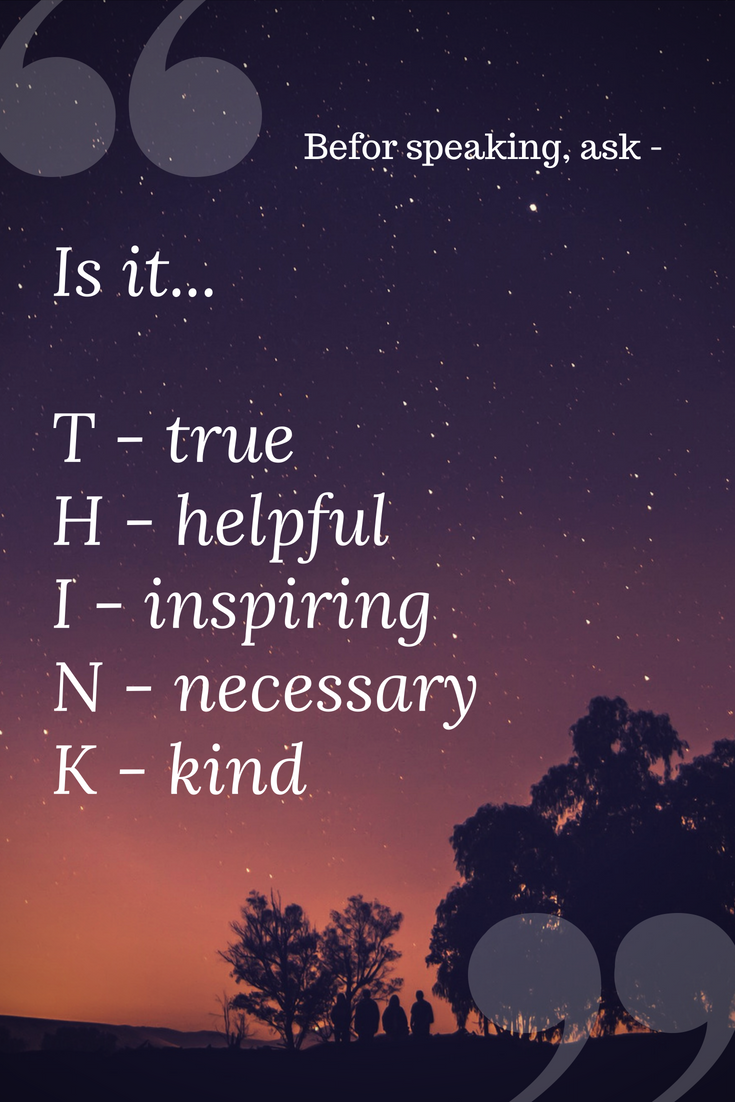
You have probably seen this on posters or here on the Internet. This THINK acronym is a great way for any of us to think before we speak. It's an object lesson in a word.
Before speaking, ask yourself - "Is it..."
T - true?
H - helpful?
I - inspiring?
N - necessary?
K - kind?
James, Jesus' brother, gives us great advice about being slow to speak -
"Understand this, my dear brothers and sisters: You must all be quick to listen, slow to speak, and slow to get angry." James 1:19 NLT
© Written by Susan Smart, 2018
More Christian object lessons....
|
Special note: We do preview the websites to which we link, but are unable to peruse them completely. We try to check others' faith statements and make sure they do profess Jesus Christ as God's Son and salvation is found only in Him. It must, however, be your responsibility to personally dig into God's Word and allow the Holy Spirit to be your first and final teacher on all subjects. "Our website may contain affiliate marketing links, which means we may get paid commission on sales of those products or services we write about. Our editorial content is not influenced by advertisers or affiliate partnerships. This disclosure is provided in accordance with the Federal Trade Commission’s 16 CFR § 255.5: Guides Concerning the Use of Endorsements and Testimonials in Advertising.” |
Creative Bible-Bits Newsletter:
Let us help you keep up with what's new at Creative Bible Study with free Bible study lessons and ideas straight to your email! Your information will be kept confidential and not be used for solicitation.
Free Ebooks:

